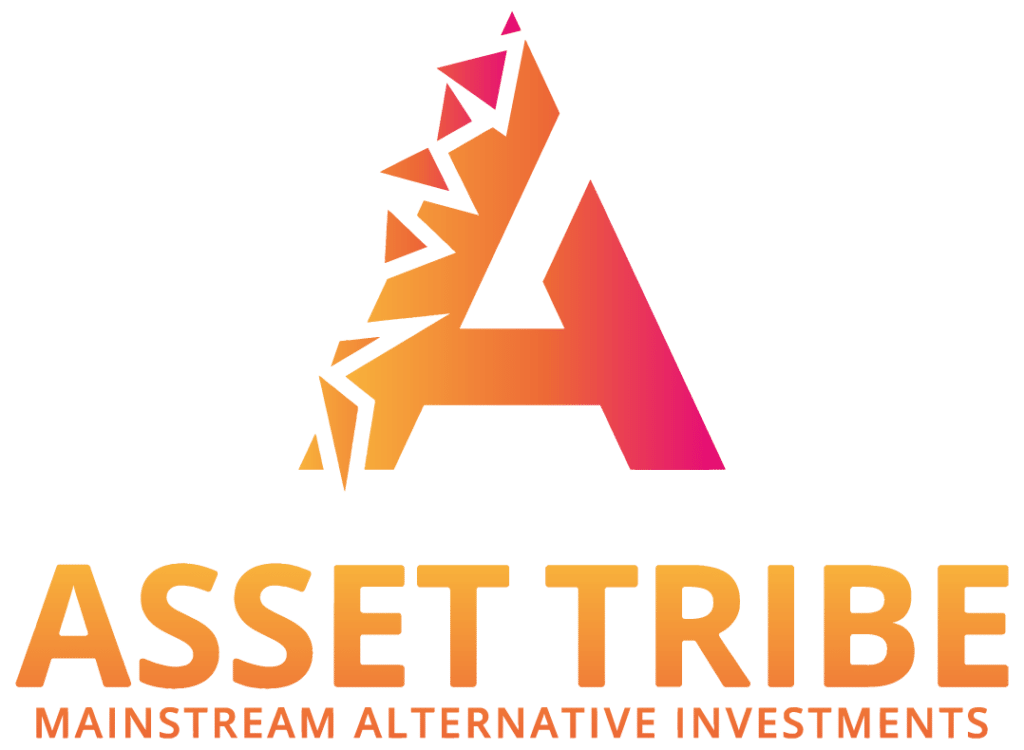Alternative assets are financial assets that are non-traditional. Alternative assets are any assets besides stocks, bonds and cash investments.
They are relatively illiquid and not easily converted into cash, they come with additional risks and are sometimes unregulated due to their alternative nature.
More and more investors have slowly shifted toward alternative investments in the last few years. Alternative assets came to the forefront after 2008’s economic downturn. Investors realised the effectiveness of portfolio diversification and the importance of not relying solely on traditional assets.
In fact, 81% of investors surveyed by Preqin will shift their investments towards alternative assets by 2025.
They recognise that alternative assets can help you:
- Diversify your portfolio.
- Spread the risk among various assets.
- Protect your wealth from rising inflation.
Find out more about alternative assets.
Traditional vs alternative assets
Alternative assets are often less correlated to traditional assets, meaning that they don’t always follow the direction of the markets. This is because traditional assets are more sensitive to market changes compared to alternative assets. For instance, a global event such as inflation could impact the value of a traditional asset fairly quickly compared to an alternative asset such as a piece of art.
Traditional assets are heavily regulated compared to alternative assets. Companies selling their shares in stock exchanges need to be regulated. An alternative asset does not fall in one of the three categories that define traditional assets (stocks, bonds and cash investments), and thus is less heavily regulated.
Most alternative assets are held by professional investors due to their regulation, high potential risk and the requirement for a high amount of investment. Unfortunately, alternative assets are limited to qualifying investors and not the general public..
Key differences between alternative assets and traditional ones.
| Alternative assets. | Traditional assets. |
|---|---|
| Alternative assets are relatively illiquid. | Traditional assets are liquid. |
| Alternative assets are often difficult to value. | They are highly correlated to market movements. |
| They are unregulated or subject to lighter regulation. | Traditional assets are regulated. |
| They have low correlation to markets. | They’re open to the public and all investors. |
| They’re open to professional investors. | A low amount of investment is usually accepted. |
How AssetTribe helps you access alternative assets.
AssetTribe’s mission is to bring you closer to exciting alternative assets that will help you optimise your future portfolio returns and secure multiple sources of income.
We have created a regulated platform for qualifying investors to research, invest and trade alternative assets. Our secure platform allows investors to invest in a safe environment with experts on their side.
Our platform also provides a secure way to invest in tangible assets which will endeavour to create liquidity for our users. AssetTribe believes that tokenisation will be a big part of our future and is something we keep under constant review. Tokenising of assets creates digital pieces of the asset, easing settlement and transferability. It also eases the ability to improve the liquidity of the overall asset and its accessibility as a wider demographic is able to invest.
Learn more here about how tokenisation could work for alternative assets.
Types of alternative assets.
Well-known types of investments are:
- private equity – capital invested in exchange for ownership.
- venture capital – capital invested in start-ups with the potential to grow.
- hedge fund – a pooled investment structure that invests in a wide range of assets.
- private debt – loans to companies provided by private investors rather than banks.
- real estate – ownership of real estate.
- infrastructure – investment in infrastructure that benefits society, such as transportation.
- collectables – investment in building a portfolio of collectables, such as art and fine wine.
- structured products – investments with returns based on the performance of an asset.
Examples of alternative assets and their influence on the market.
It is important that you understand which alternative assets could be beneficial for you and your portfolio, to maximise your returns and secure multiple sources of future income.
Here are a few examples of alternative assets that AssetTribe currently has in its pipeline, and how well they’ve performed historically.
Investing in fine wine.
Fine wine as an alternative asset has shown steady growth over the years, particularly during global events such as COVID-19. During the pandemic in 2020 and 2021, the Liv-ex Fine Wine 100 increased 30.6% versus the S&P 500 increase of 23.7%.
Fine wine has proven to be less volatile and extremely resilient in the last 15 years, showing a 15.6% annual growth compared to other assets.
Fine art and collectables.
Investing in art and collectables means that investors purchase these items with a long-term view of selling these items when their value has increased.
This market is starting to shift their interest to art considerably more now, with investors’ appetite for this market considerably growing. For instance, Andy Warhol‘s ‘Shot Sage Blue Marilyn’ set the record for the most expensive piece of 20th-century art ($195m) to ever be sold in an auction.
Particularly during inflationary periods, investors’ interest has grown. This is because art has historically performed well during inflationary periods as it diversifies one’s portfolio and helps protect their wealth from the repercussions of risks.
Music.
Music as an alternative asset has also seen substantial growth. In particular, in 2021 the market grew by 18.5%, according to IFPI.
Demand for paid subscription streaming drove their positive performance forward.
Crypto.
Investments in crypto have seen a lot of growth potential in the past 2 years. Currently, cryptocurrency is held by 72% of high-net-worth investors.
Another interesting fact that reinforces the idea of investing in crypto as an alternative asset is that crypto-investors have increased from 1.5m to 9.8m from 2018 to February 2021.
Net-zero focused funds.
Global warming and climate change is an issue that concerns not only the public but also investors.
Investors are starting to consider the impact their investments have on the future of the planet. A shift is apparent in investing in net-zero funds, with a focus on ‘decarbonising’ assets.
In fact, 83% of global investors believe that ESG-integrated portfolios are likely to do as well or better than non-ESG-integrated portfolios.
Consider investing in alternative assets.
AssetTribe is a community-led platform that brings qualifying investors closer to exciting alternative assets.
We give investors access to exclusive alternative assets through a transparent and professional service adhering to the highest professional standards both in the UK and Luxembourg. It gives you the opportunity to diversify your portfolio and maximise your sources of income.
Learn more about our exciting alternative assets here.



